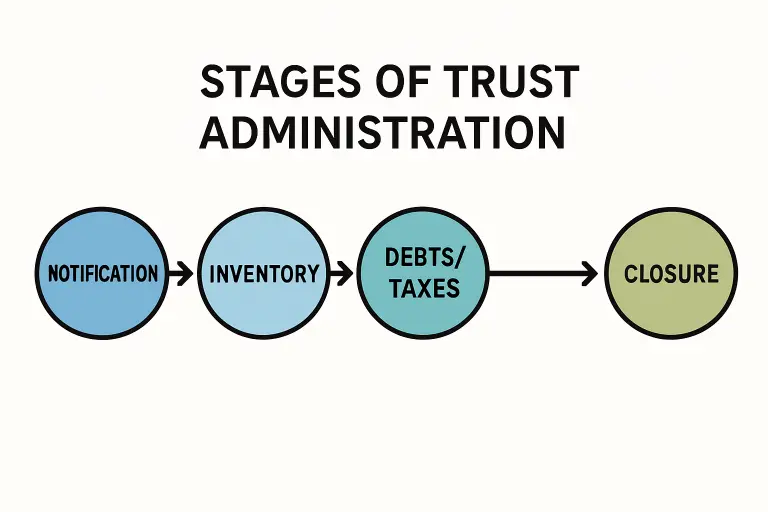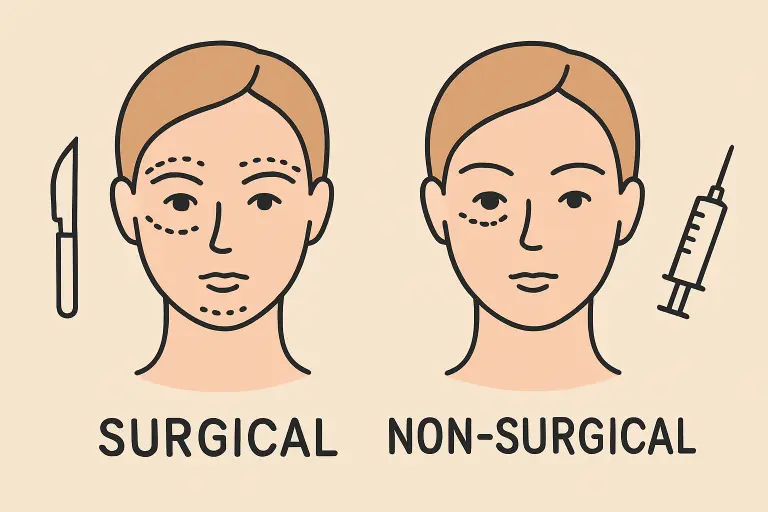If you’re looking for a comprehensive guide to SEO, you’ve come to the right place. In this guide, you’ll discover everything you need to know about SEO, starting from the key basics.
Table of Contents
1: Understand What SEO Is
The first step is understanding what SEO is. SEO, or search engine optimization, is the practice of improving the ranking of a website on search engines. The higher a website ranks, the more likely people are to find it.
2: Choose the Right Keywords
The next step is choosing the right keywords. Keywords are the words your customers will search for when looking for a product or service like yours. For example, if you were building a WordPress website for an e-commerce company that sells watches, people might use terms like “watches on sale” or “discount watches” when they’re ready to buy.
3: Develop High-Quality Content
The next step is developing high-quality content on your site. Search engines look for keywords in the content and backlinks to determine where a website should rank. Poor quality content won’t be successful in getting you ranked. Focus on writing articles, web copy, and blog posts for your customers that add value.
4: Create Backlinks
The next step is creating backlinks by promoting your site elsewhere on the internet. Search engines like Google see backlinks as votes of confidence for your site. Promote your website with content, guest posts, social media, and press releases to build backlinks. You can always use an SEO service (like this one Here) to help in this area.
5: Keep Track of Your Rankings
The next step is keeping track of your rankings. Use a tool like Google Analytics to see how your site is performing over time. If you’re not happy with the results, make changes to your SEO strategy and continue tracking your progress.
6: Optimize Your Site for Mobile
Optimizing your site for mobile is also vital. Mobile access to the internet is growing, so it’s important that you have a mobile-friendly version of your website. This helps readers access your site while they’re on their phones.
7: Monitor Your Competition
You may want to monitor your competition. There are a number of tools that can help you see how other companies in your industry are doing when it comes to SEO, including SEMrush and Moz Pro. This enables you to build a better strategy for your own site.
8: Stay Up to Date with SEO
You also want to stay up to date with SEO. The internet is fluid, so it’s important that you get on board with the latest trends in the industry. This helps ensure that you get found by more people who are interested in what you’re offering your website.
9: Find Opportunities to Improve
Finally, you should find opportunities to improve your SEO. Think about what other keywords and content you can add to your site that might help it rank higher. Experiment with different strategies and see what works for you!
Read also: Write For Us































































































































































































































































































































































































































































































































































































































































































































































































































































































































































































































































































































































































































































0